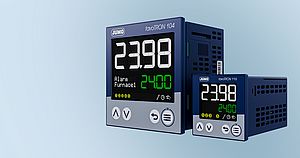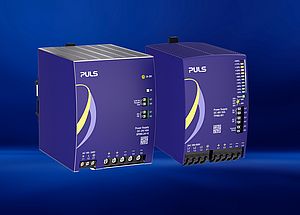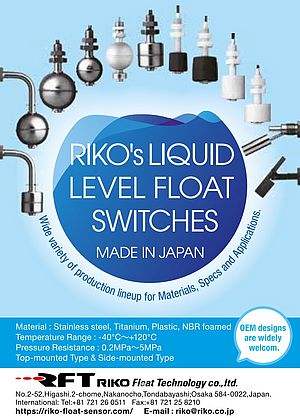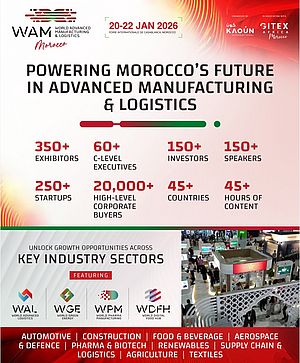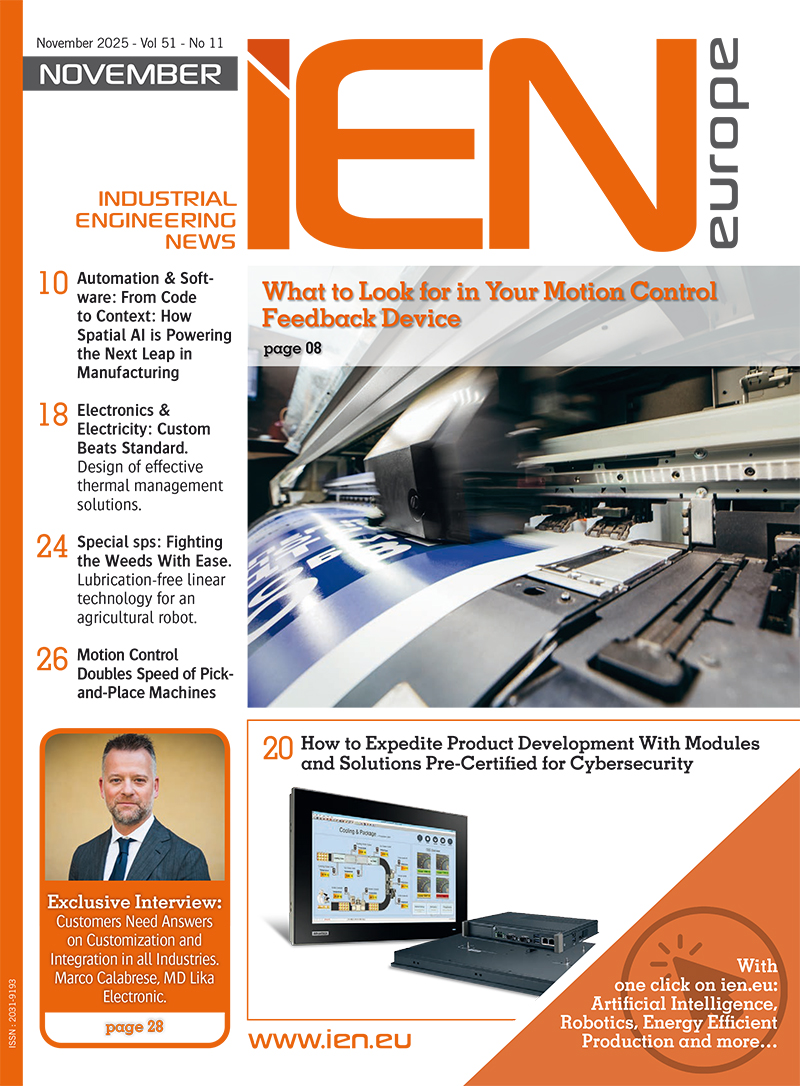Ferroalloys and silicon production is highly energy-intensive. Energy cost is one of the main competitive factors for the industry and thus energy efficiency is sought where possible. Energy efficiency measures taken by industry also have the added benefit of reducing CO2 emissions, and thus energy efficiency and climate efforts are closely linked in industrial decision-making.
Closer alignment on EU climate and energy policy
Hence the proposed new structure of the EU institutions, where energy and climate policy will be linked, is well received by our industry. The future European Commission team shows a commitment to the mainstreaming of competitiveness and industry policy, in line with the 20% target for industry in EU GDP by 2020, which we warmly welcome. The time when the world will firmly commit to action against climate change has not yet come; the EU ETS has no equivalent in competing regions (while some of the emerging systems have learned from EU's mistakes). The main concerns of energy-intensive industries are rising energy costs and increasing uncertainty regarding EU climate policy. European industry is faced with higher energy prices than our major competitors and there is a growing need to look for solutions.
In particular, the indirect cost of CO2 included in the electricity price must be efficiently addressed through new policies. Climate policy - and in particular the constant changes and interferences to the ETS market - are of major concern. The emission reductions seen in industry have partly come due to the economic downturn with resulting reduction of production instead of innovation in low-carbon technologies.
Enabling innovation for a more energy efficient future
The European Commission rightly considers innovation as the key to achieve a low-carbon society. European ferroalloys companies have been early movers and are already among the most climate-efficient in the world. However, further improvements in efficiency and technology require investments. And to justify investments industry must be competitive and profitable while the policy framework must be proficient and predictable.
European industry has the competence and the will to innovate and seek out new, more energy efficient solutions. However, as long as there is no global climate agreement, the playing field must be levelled through sufficient protection against carbon leakage. Only then can industry have the predictable framework required to take a leap in innovation and apply new technology to cut energy consumption and emissions. The Commission should also look at funding options that may speed up this process. One example can be found in Norway, where state support has enabled 15 TWh (almost 12% of annual total consumption) invested in energy efficiency measures and several ground-breaking R&D projects. The "old continent" has been an early mover on climate policy but industrial investments are suffering... The EU now needs to learn from its policy mistakes and make the necessary changes in order to lead the global shift. And with a supportive and predictable policy framework the European (ferroalloys) industry has the means, will and competence to be a vehicle for change.
By Kristin Karlstad, Vice President Public Affairs, Elkem AS, Norway










